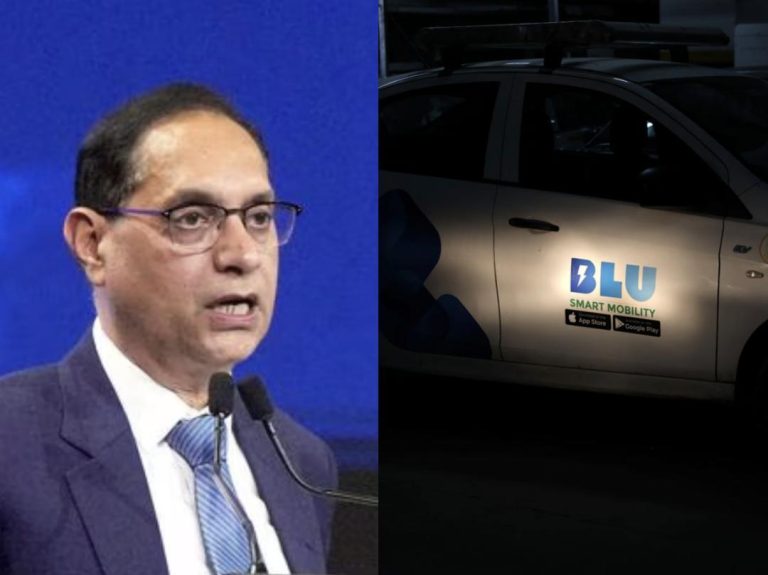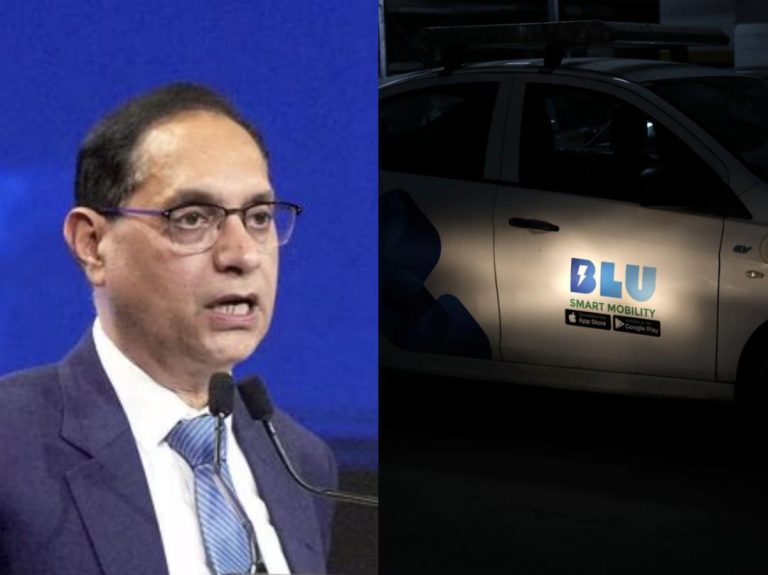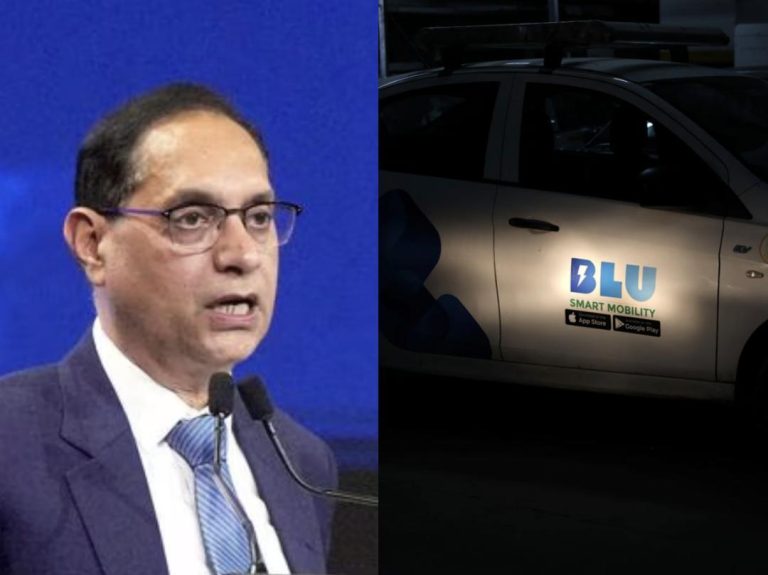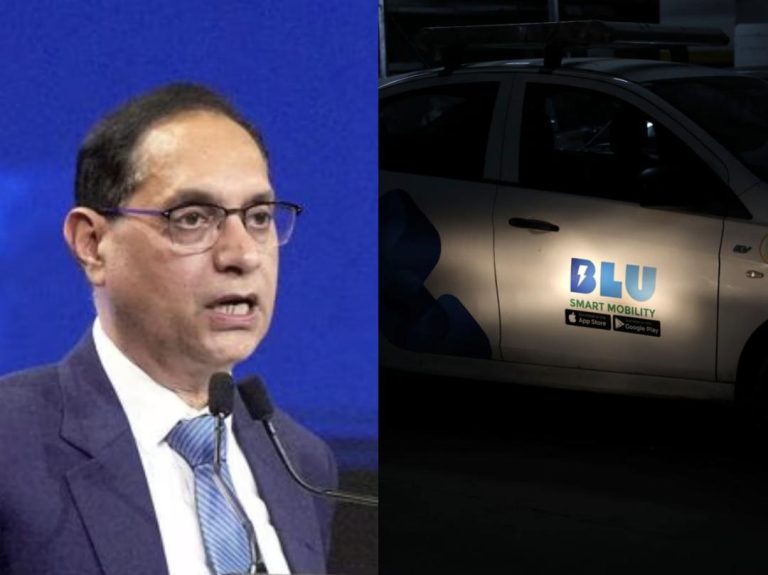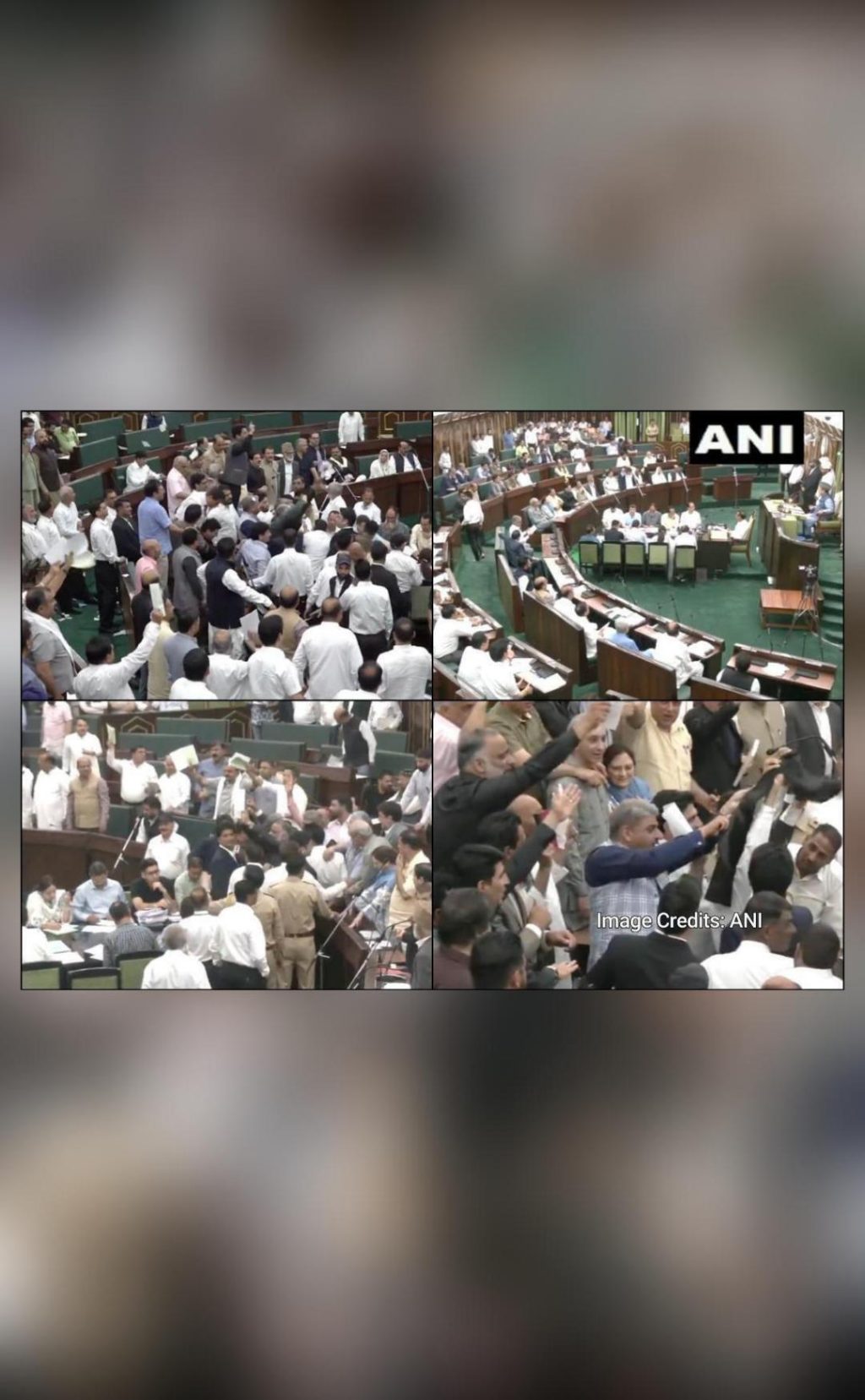
Jammu & Kashmir Assembly adjourned amid uproar over Waqf Act
The Jammu and Kashmir Assembly witnessed a chaotic scene on Monday as the House was adjourned after a heated debate over the Waqf Act. The adjournment came after Speaker Abdul Rahim Rather denied an adjournment motion moved by National Conference (NC) MLAs to discuss the contentious law.
The debate began when NC MLAs moved a motion to adjourn the Question Hour to discuss the Waqf Act, which has been a point of controversy in the state. The Act, which was passed in 2019, aimed to regulate and manage Waqf properties in the state. However, the move has been opposed by various religious and social organizations, who claim that the Act is against the interests of the Muslim community.
As soon as the motion was moved, the BJP MLAs also started protesting and demanded that the Question Hour be held as scheduled. The two sides engaged in a heated argument, with the NC MLAs accusing the BJP of trying to suppress the voice of the people, while the BJP MLAs claimed that the NC was trying to mislead the people.
The Speaker, Abdul Rahim Rather, tried to intervene and calm down the situation, but his efforts were unsuccessful. The NC MLAs insisted that the House should discuss the Waqf Act, while the BJP MLAs refused to back down.
In the midst of the chaos, the Speaker announced that the Question Hour would not be adjourned and that the House would continue with the scheduled business. However, the NC MLAs refused to back down and continued to protest.
As the situation escalated, the Speaker was forced to adjourn the House for the day. The NC MLAs, who were leading the protest, claimed that they would not let the House function until the Waqf Act was repealed.
The BJP, on the other hand, accused the NC of playing politics over the issue and trying to divide the people on religious lines. “The NC is trying to mislead the people by creating a controversy over the Waqf Act. The Act is in the interest of the people and the religious institutions of the state,” said a senior BJP leader.
The Waqf Act has been a contentious issue in the state for some time now. The Act was passed in 2019, but it has been opposed by various religious and social organizations, who claim that it is against the interests of the Muslim community. The organizations have claimed that the Act would lead to the takeover of Waqf properties by the government and that it would be used to suppress the voice of the Muslim community.
The Jammu and Kashmir Government, on the other hand, has defended the Act, saying that it was necessary to regulate and manage Waqf properties in the state. The government has also claimed that the Act would ensure the transparency and accountability in the management of Waqf properties.
The debate over the Waqf Act has also taken a political turn, with the NC accusing the BJP of trying to suppress the voice of the people. The NC has claimed that the BJP is trying to divide the people on religious lines and that it is using the Waqf Act to further its political agenda.
The opposition to the Waqf Act has also been supported by various civil society organizations, who have claimed that the Act is against the interests of the religious institutions and the Muslim community. The organizations have also claimed that the Act would lead to the takeover of Waqf properties by the government and that it would be used to suppress the voice of the Muslim community.
In conclusion, the adjournment of the Jammu and Kashmir Assembly over the Waqf Act highlights the deep divisions and tensions that exist in the state. The debate over the Act has taken a political turn, with the NC accusing the BJP of trying to suppress the voice of the people. The controversy over the Act also highlights the need for greater transparency and accountability in the management of Waqf properties in the state.



